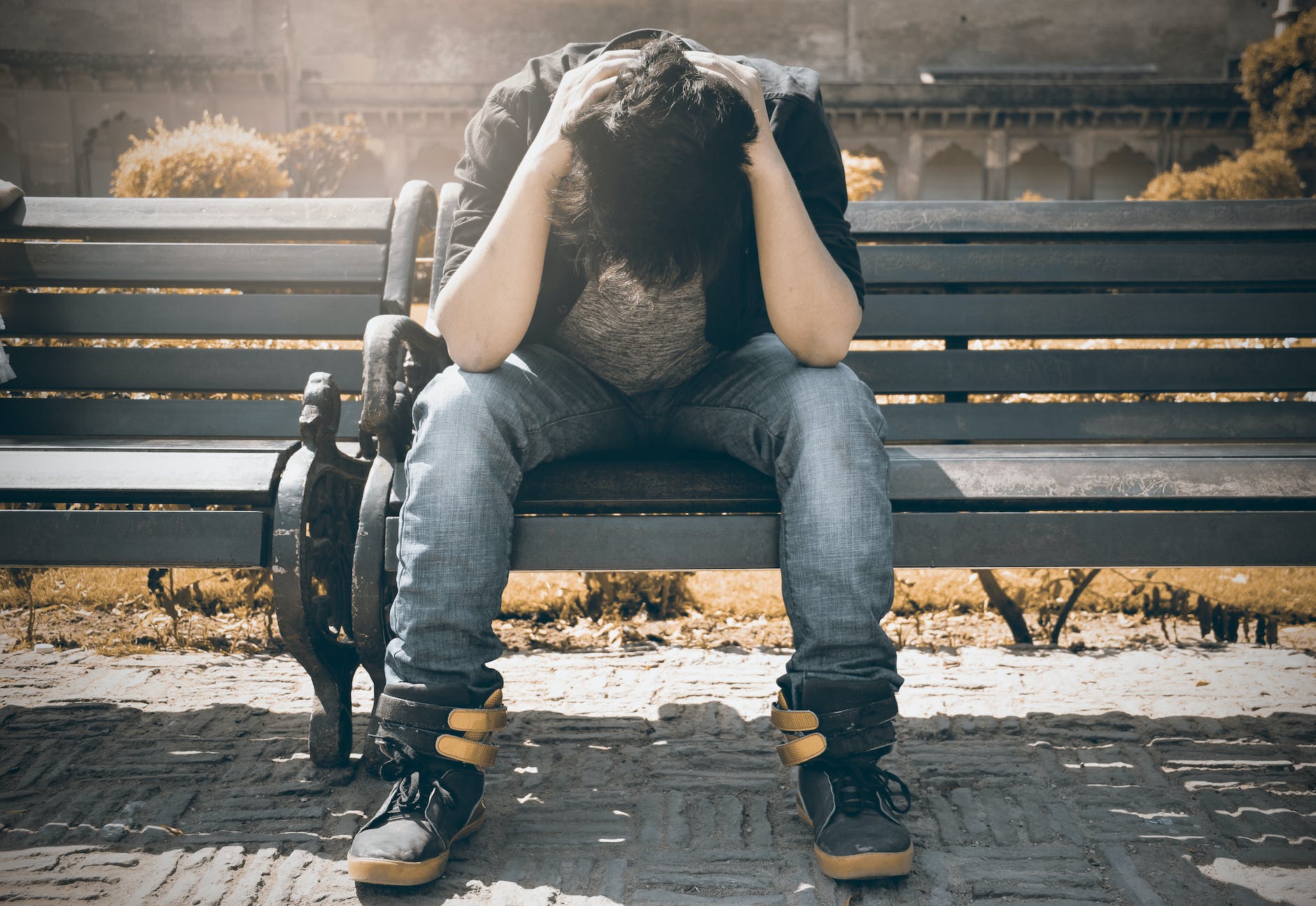Depression is a serious mental health disorder that can have a profound impact on an individual’s life. It can cause a person to feel overwhelmed, hopeless, and helpless. It can also have a negative effect on relationships, work, and overall quality of life. Fortunately, there are a number of strategies and treatments available that can help people cope with depression.
Depression is a complex condition and can manifest in different ways for different people. Symptoms can range from mild to severe, and can include feelings of sadness, fatigue, changes in appetite, irritability, and difficulty concentrating. It is important to note that depression is not a sign of weakness or a character flaw, but rather a medical condition that requires treatment.
The good news is that there are a number of strategies and treatments available to help people cope with depression. These include lifestyle changes, cognitive behavioral therapy (CBT), medications, and alternative therapies.
Lifestyle Changes
Making lifestyle changes can be an important part of managing depression. This can include getting regular exercise, eating a healthy diet, getting enough sleep, and engaging in activities that bring joy and relaxation. Exercise can be particularly helpful, as it can help to reduce stress and improve mood.
Cognitive Behavioral Therapy (CBT)
Cognitive behavioral therapy (CBT) is a type of psychotherapy that can be used to treat depression. It focuses on identifying and changing negative thought patterns and behaviors. The goal of CBT is to help the individual learn to recognize and challenge distorted thinking, and to develop healthier coping strategies.
Medications
Medication can be an important part of treating depression. There are a variety of medications available, and it is important to work with a doctor to find the right one for you. It is also important to be aware of the potential side effects of any medication.
Alternative Therapies
In addition to traditional treatments, there are a number of alternative therapies that can be used to manage depression. These include mindfulness meditation, yoga, acupuncture, and massage. These therapies can be used in combination with traditional treatments, or as standalone treatments.
Coping Strategies
In addition to treatments, there are a number of strategies that can be used to help manage depression. These include:
• Connecting with others: Spending time with friends and family can be a great way to cope with depression.
• Talking to a therapist: A therapist can provide support, guidance, and advice on how to manage depression.
• Practicing relaxation techniques: Relaxation techniques such as deep breathing and progressive muscle relaxation can help to reduce stress and improve mood.
• Seeking professional help: If your depression is severe or persistent, it is important to seek professional help.
• Avoiding alcohol and drugs: Alcohol and drugs can make depression worse.
• Developing a support system: Developing a support system of friends and family can help to provide emotional support and reduce feelings of isolation.
• Challenging negative thoughts: It is important to challenge negative thoughts and replace them with more positive ones.
• Taking care of yourself: Taking care of your physical and mental health is essential for managing depression.
• Setting realistic goals: Setting realistic goals can help to provide a sense of accomplishment and reduce feelings of helplessness.
Conclusion
Depression is a serious mental health disorder that can have a profound impact on an individual’s life. Fortunately, there are a number of treatments and strategies available that can help people cope with depression. It is important to work with a doctor or mental health professional to find the right treatment plan for you.

